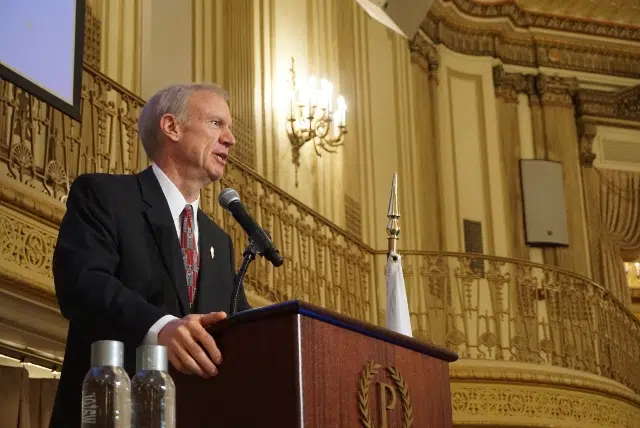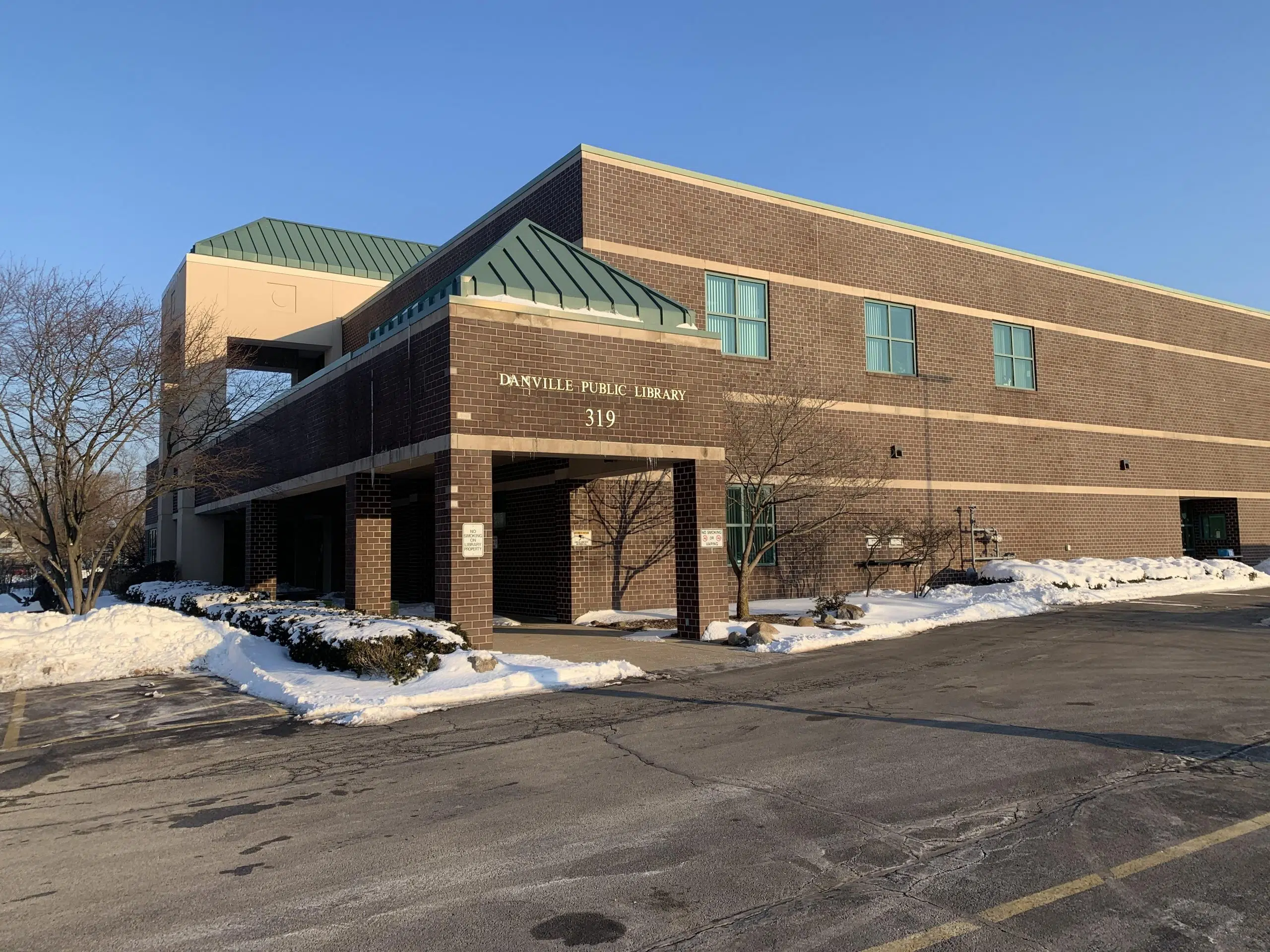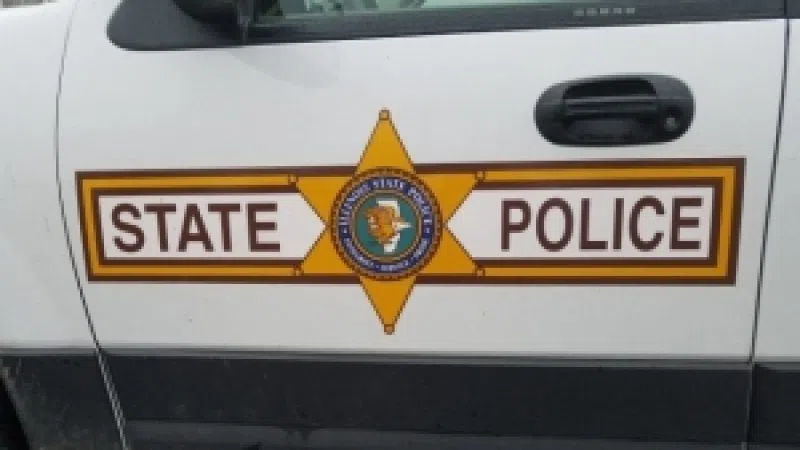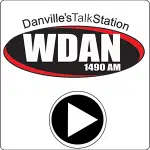Gov. Bruce Rauner signed a bill overhauling Illinois’ school funding formula, calling it “historic.”
In an elementary school Thursday in Chicago, Rauner said schools in Illinois have been inequitably funded for decades, and that this new law changes that.
“More equality, more fairness, better opportunity for all of the students of Illinois,” he said. “Better support for all of the teachers of Illinois.”
He then signed Senate Bill 1947 into law, significantly changing how the state doles out its education funds.
The new formula creates an evidence-based model, which sends new state education dollars to less affluent schools that need it the most. No school districts lose money under the plan. It allows for some unfunded mandate relief for schools, as well as creates a school choice plan that would give up to 6,000 lower-income students annually an opportunity to attend private schools. The new law will fund those school choice scholarships through a $75 million tax credit program, which credits 75 cents for every dollar donors give to a scholarship fund. The pilot program will expire after five years unless renewed.
State Sen. Andy Manar, D-Bunker Hill, said the new law will assist schools in southern Illinois that have been underfunded for decades. “This bill will put resources in the poorest classrooms in the poorest counties in southern Illinois,” he said.
The mandate relief items include allowing school districts to reduce physical education requirements to three days a week and allowing student athletes in grades 7-10 to be exempt from physical education classes. Student athletes in grades 11 and 12 already are entitled to the exemption. School districts also will be able to contract drivers’ education out to a third party without having to go through an exemption process.
Critics questioned how the state will pay for hundreds of millions of dollars in additional school spending when it already has billions of dollars in backlogged bills.
Included in the bill is the ability for citizens in overfunded schools to lower their property tax burden via referendum.
State Sen. Dan McConchie, R-Hawthorn Woods, says the measure will allow taxpayers to take matters into their own hands if school boards won’t rein in their tax levies.
“If the school board won’t rein in any out-of-control spending that’s going on, citizens will be able to take matters into their own hands,” he said.
The new formula classifies schools based on a target funding level of 100 percent. Any district at or over 110 percent would be eligible for a referendum. According to an estimate from the state board of education, 101 districts would qualify for this referendum next spring.












